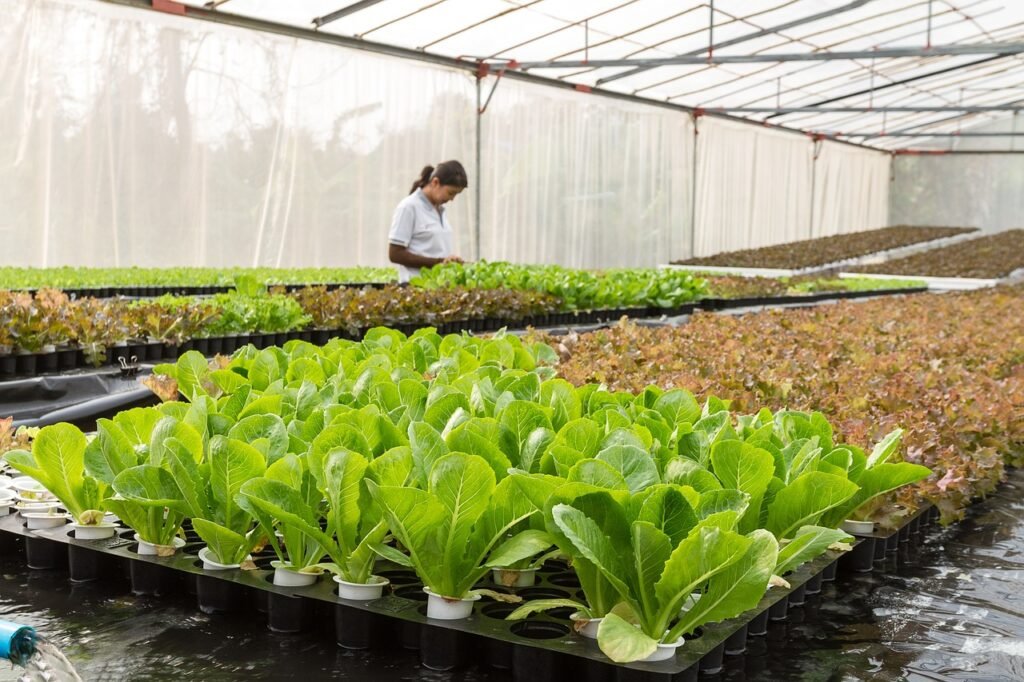Smart irrigation technologies are systems that use advanced technologies to help optimize water usage in irrigation. The primary goal of these technologies is to reduce water usage in irrigation while maintaining or improving crop yields.
Smart irrigation technologies can be broadly classified into two categories: hardware and software.
Hardware-based technologies include sensors that monitor soil moisture levels, weather conditions, and other environmental factors. These sensors can be integrated with irrigation systems to ensure that water is delivered only when and where it is needed. For example, soil moisture sensors can detect when the soil is too dry and trigger the irrigation system to turn on, while weather sensors can prevent irrigation during periods of rain.
Software-based technologies include computer models and algorithms that use data from sensors and other sources to optimize irrigation schedules. These technologies can take into account factors such as soil type, crop type, and local weather patterns to create customized irrigation plans for each field.
Other examples of smart irrigation technologies include drip irrigation systems, which deliver water directly to the roots of plants, reducing water loss through evaporation, and remote irrigation control systems, which allow farmers to monitor and adjust their irrigation systems from a smartphone or computer.
Overall, smart irrigation technologies offer significant potential for improving water use efficiency in agriculture, reducing costs, and protecting the environment.


